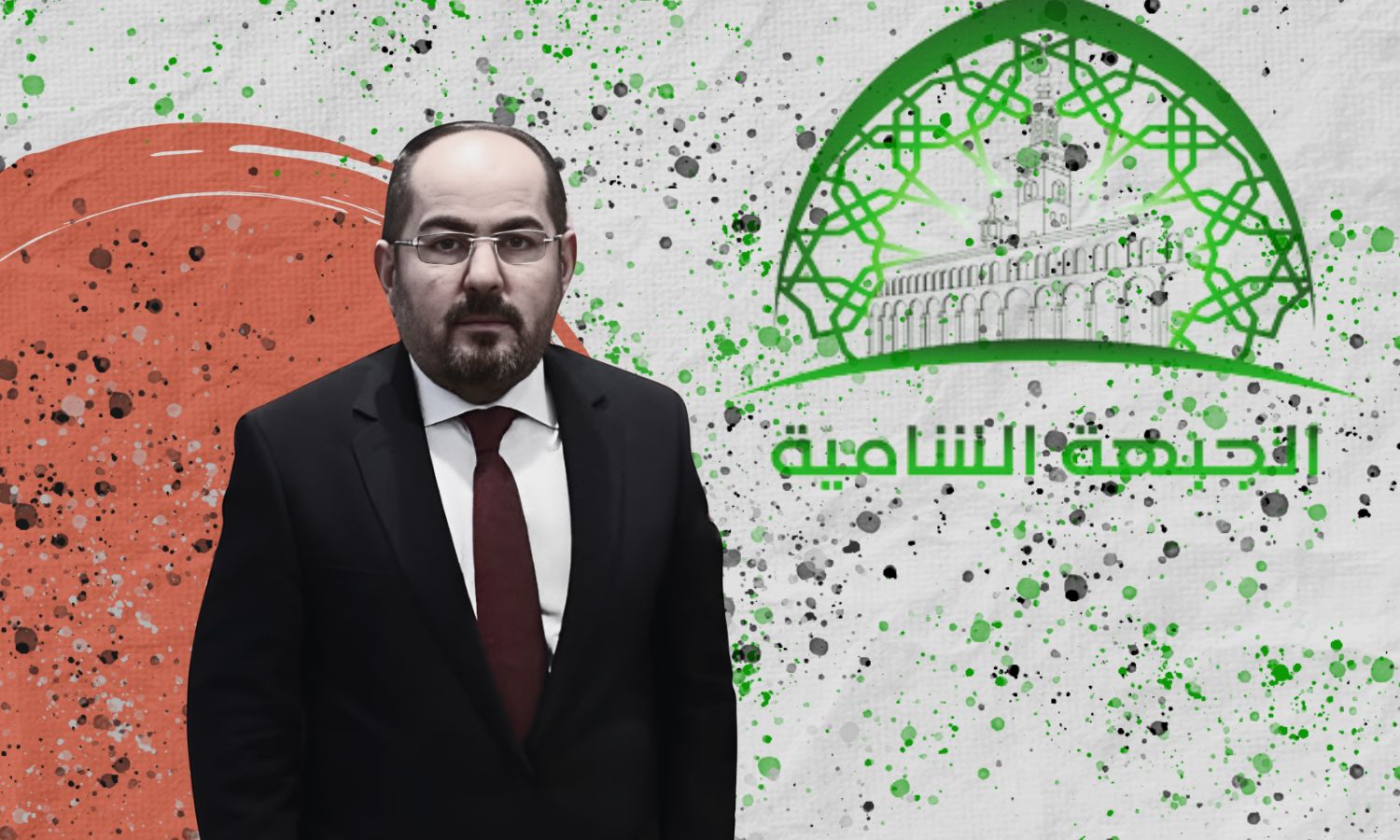Months after a period of stagnation, the differences between opposition currents in northwestern Syria became more pronounced. The Levant Front, a military faction affiliated with the Turkish-backed Syrian National Army (SNA), announced it was suspending its collaboration with the Syrian Interim Government due to a dispute with Prime Minister Abdul Rahman Mustafa.
Although this dispute may not represent a dramatic shift in the relationships among these factions—who disagreements have historically plagued, sometimes escalating to military confrontations—the intricate interplay between political, military, and governance elements in the areas controlled by the National Army could have significant repercussions for the involved parties.
Opposition Meets with Turkish Officials in Gaziantep: What Consequences?
The Levant Front has shifted responsibility for resolving the disagreement to the National Coalition of Revolutionary and Opposition Forces, the highest hierarchical body responsible for appointing the head of the Interim Government, which acts as the service or governance arm of the coalition.
On September 4, the Levant Front issued a statement urging the coalition to hold an emergency meeting to vote on a motion of no confidence against Abdul Rahman Mustafa’s government and to refer the matter to the judiciary.
What is the origin of the dispute?
The Levant Front’s statement followed reports of a dispute between Prime Minister Abdul Rahman Mustafa and representatives of the Front in the Turkish city of Gaziantep. The meeting, held at the invitation of Turkish authorities, was intended to address “emergency problems.”
The statement accused Mustafa of a range of issues, noting that while his “hostility” towards the Front had been a recurring problem, it reached new heights during the recent meeting. According to the statement, Mustafa “deliberately insulted” several revolutionary factions, including those from the eastern regions, and accused them of “sabotage and terrorism.”
Furthermore, the statement claimed that Mustafa launched a “torrent” of political and criminal accusations against the Levant Front, attempting to “distort its image” before Turkish officials and threatening to withdraw recognition from the Front.
Clear escalation
As the Levant Front remains firm in its demands, it appears unlikely to abandon its push for the delegitimization of the Interim Government unless the latter addresses the concerns raised in its meetings and other regional issues.
Support for the Levant Front has notably emerged from the peaceful movement in Azaz, north of Aleppo, which has opposed the Interim Government since last July. This support aligns with the Front’s claims that Abdul Rahman Mustafa has targeted those leading the protest movement, accusing them of orchestrating a coup against him.
The protests in Azaz have been fueled by internal political tensions within the opposition, with the Levant Front’s stance contributing to the momentum of demonstrations demanding Mustafa’s removal.
The recent meeting in Gaziantep, initially seen as a potential step toward unifying the opposition, now represents a critical juncture. The unfolding conflict, exacerbated by the meeting’s outcomes, threatens to escalate the situation to more perilous levels.
This article was translated and edited by The Syrian Observer. The Syrian Observer has not verified the content of this story. Responsibility for the information and views set out in this article lies entirely with the author.


